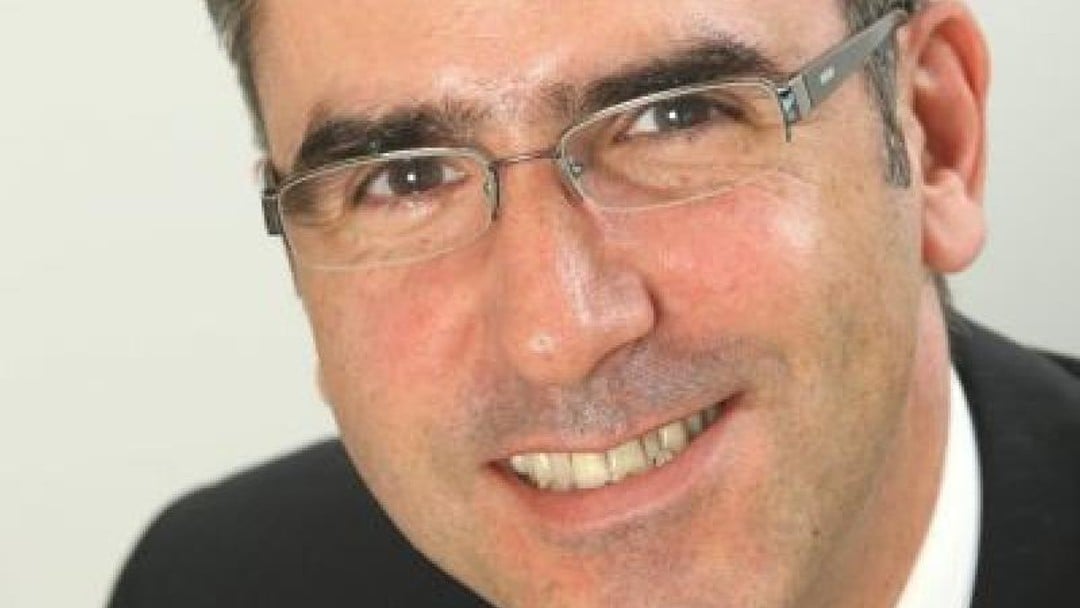Inflation will be the next hurdle to cross as we negotiate our way out of the financial crisis, says Colin Lawson

By Colin Lawson
I believe in a few short years from now, inflation will return and may even reach what, for some people, could be catastrophic levels.
It is widely accepted printing money fuels inflation; however, it takes a few years for the full effect to work its way into the economy.
Over the last two years, inflation has totalled ten per cent whereas wages (which usually rise faster) have only increased by four per cent. That is effectively the equivalent of a pay cut of six per cent for every single worker in the UK.
I believe this has been tolerated up until now as this income squeeze has been offset by lower borrowing costs and, with the economy on a knife edge, people have been glad to have a job.
Fast forward
However, let me take you on a journey into the future and let’s imagine that we can see forward to October 2014. At that point in time, we are likely to have enjoyed eight consecutive quarters of economic growth.
Company profits and cash balances could be at record highs and the FTSE 100 may well have passed through the 7,000 barrier for the first time. Unemployment is likely to be significantly lower, although, even now in 2012, we are seeing the numbers of those out of work starting to fall.
With the news flow switching from negative to positive and headlines being dominated by the above good reports, then workers may well begin to demand wage rises. Every business I have spoken to recently, whether they be small or large, tell me that even with today’s level of unemployment, there is a shortage of skilled labour.
Therefore, these wage demands may well be met in the future as firms attempt to secure and retain the best employees.
Historically, when wages have not kept pace with inflation and workers finally demand pay rises, they make claims, not just for the cost of living increase in the current year, but also for the shortfall over the previous few years. On that basis, commanding ten per cent wage increases would be perfectly understandable and reasonable.
When you get a large pay rise, you go out shopping and buy all of the things you have been depriving yourself of. With the rising demand for goods and the rising wages to cope with, businesses start to put up prices and so the inflationary spiral begins.
On top of this, we have the ‘emerging market effect’. During the last 20 years, we have imported ‘deflation’ by importing cheap goods and services from the emerging world. With wages and costs rising significantly in these areas, this process is likely to reverse itself and, in addition, their demand for raw materials will add to costs worldwide.
Inflation genie
Looking beyond October 2014, I think inflation could easily reach seven per cent pa and may rise significantly higher. Once the inflation genie is out of the bottle, it is incredibly hard to put it back.
However, inflation itself could be the cure for many of the ills of the western world. Inflation is good for government and household debt as it is deflated. Wage rises create a feel-good factor and the extra spending fuels the economy. With house prices remaining flat while wages are rising strongly, housing then becomes affordable and the market starts moving again.
On the other hand, inflation can decimate those individuals on fixed pension incomes and even so-called inflation linked pensions are often capped at three or five per cent per annum. With high inflation, the value of cash on deposit is eroded quickly and gilts can crash in spectacular fashion.
Inflation is the next crisis we will all face and being prepared is essential. As a result, we are already considering the impact this could have on portfolios and researching strategies that we could use to take advantage of the situation.
Colin Lawson is founder and managing partner of Equilibrium Asset Managementwww.eqasset.co.uk

